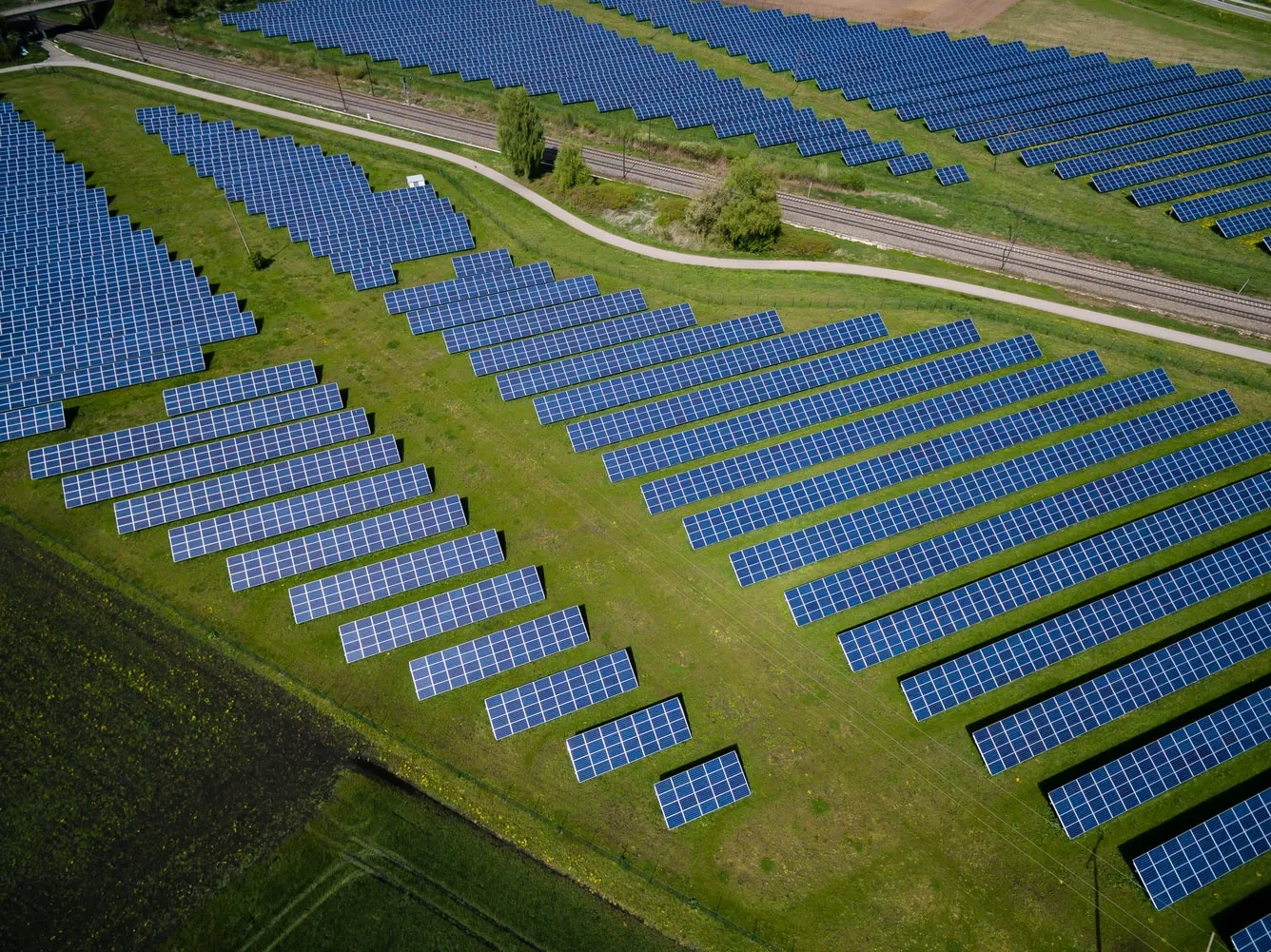In February Eurelectric and EY published eVision, a study which looks at the 24-fold increase in fleet electrification expected by 2030. Europe’s vehicle fleet of 63m cars, vans, buses and trucks, operated by private companies or public authorities, represents 20% of the vehicle parc, accounts for 40% of all kilometres travelled, and 50% of CO2 emissions from transport. Total fleet vehicles, both electric and ICE vehicles is expected to grow by around 15% by 2030, to 73 million vehicles. The electrified segment of fleet vehicles will bring EV numbers to 10.5 million by 2030, up from 420,000 today.
Fleets have significant potential to accelerate decarbonisation of transport as they typically travel 2.25 times more kilometres than personal cars. Incentives and discounts for bulk sales make EVs more attractive fleet purchases. Route predictability, which is a characteristic of fleet operation, enables and accelerates the deployment of charging infrastructure in key locations, making EVs more reliable for private individuals.
A 13-fold increase is needed from the existing 213,000 public EV chargers, of which only 14% are fast chargers, in Europe to meet the European Commission’s 2030 ambition for 3 million public chargers. €20bn worth of investment will be needed for public charging infrastructure, €60bn will be needed for private. Distribution grids will require €25bn to support charging infrastructure rollout.
Fleet electrification will be spurred by regulation and as tax incentives. Over 300 cities in Europe have already introduced low- and zero-emission zones, incentivising delivery and logistics companies to electrify or face penalties. In addition to CO2 standards, mandatory requirements for carmakers to sell zero emissions vehicles would shift cars and light duty vehicles to clean mobility. Battery costs are falling globally. From more than US$1100/kWh in 2010, they averaged US$137/kWh in 2020 and are forecasted to drop to around US$100/kWh by 2023. At this level, carmakers are expected to be able to produce and sell EVs at prices comparable with traditional vehicles.


